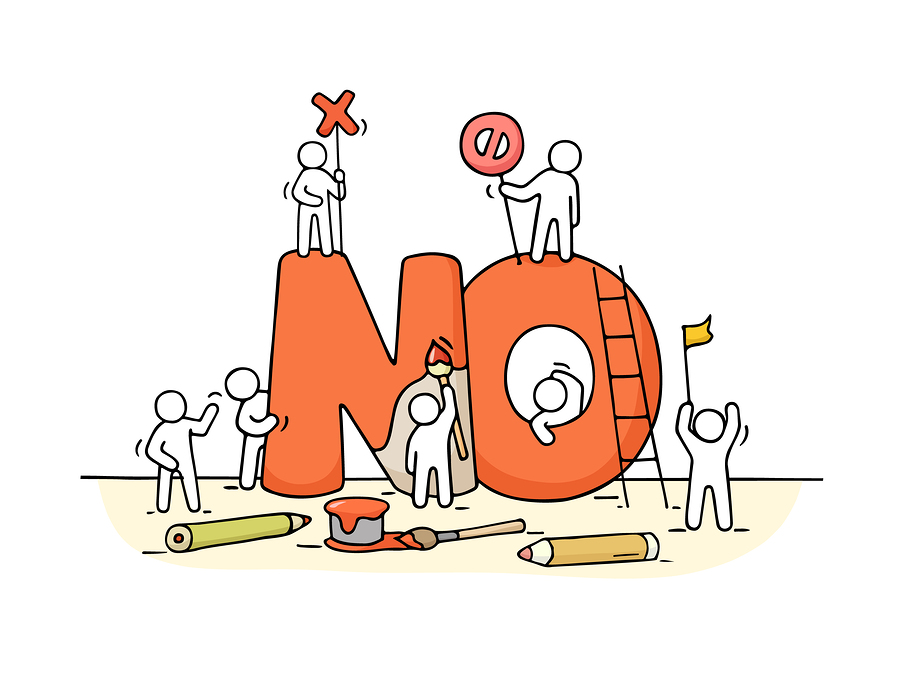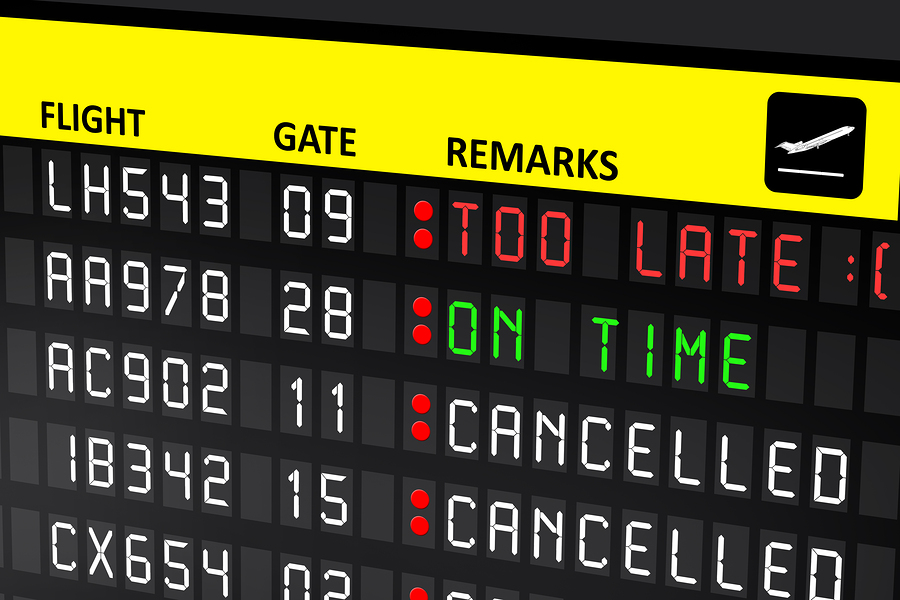Sometimes I receive queries from writers wondering where their focus should be. They are unsure where they fit in with publishing. Here is where writing a proposal can help:
1.) Who am I? Your author biography, written in third person, (as is your entire proposal) forces you to decide how to present yourself to the world.
2.) What am I writing? Look at your work. Where does it fit? If you are unsure, I recommend deciding for yourself before pitching to an agent or editor. If you are asking yourself, “Is my story a mystery or suspense?” then you need to do the research to make that decision. Agents can tell you, but it’s better if you come to us knowing your genre. If it doesn’t fit anywhere obvious, label it as well as you can.
3.) What is my competition? If you think Ford and Chevy don’t study each other’s cars to gauge the competition, I believe you’d be mistaken. Likewise, you should be watching what’s on the market. Not only is it a great idea to see what you’re up against with your book — and I assure you, you’re up against fantastic authors — but reading and being aware is part of being a citizen of the world. As for your work? This section shows the agent and editor where you will fit in with the current market. It’s essential in our evaluation of your work.
4.) What is my book about? Writing a summary of your novel will help you see if your story holds together. Writing a chapter outline of nonfiction will help you see if the topics flow and make sense as a cohesive unit.
These are just four proposal elements that will help you learn where you fit and what your mission is. Writing a proposal is a lot of work, but well worth the investment for those pursuing traditional publishing. We have excellent instructions on proposal writing here: stevelaube.com/guidelines/
Your turn:
Have you written a proposal? How did you benefit from the process?
What was the hardest part of proposal writing for you?











